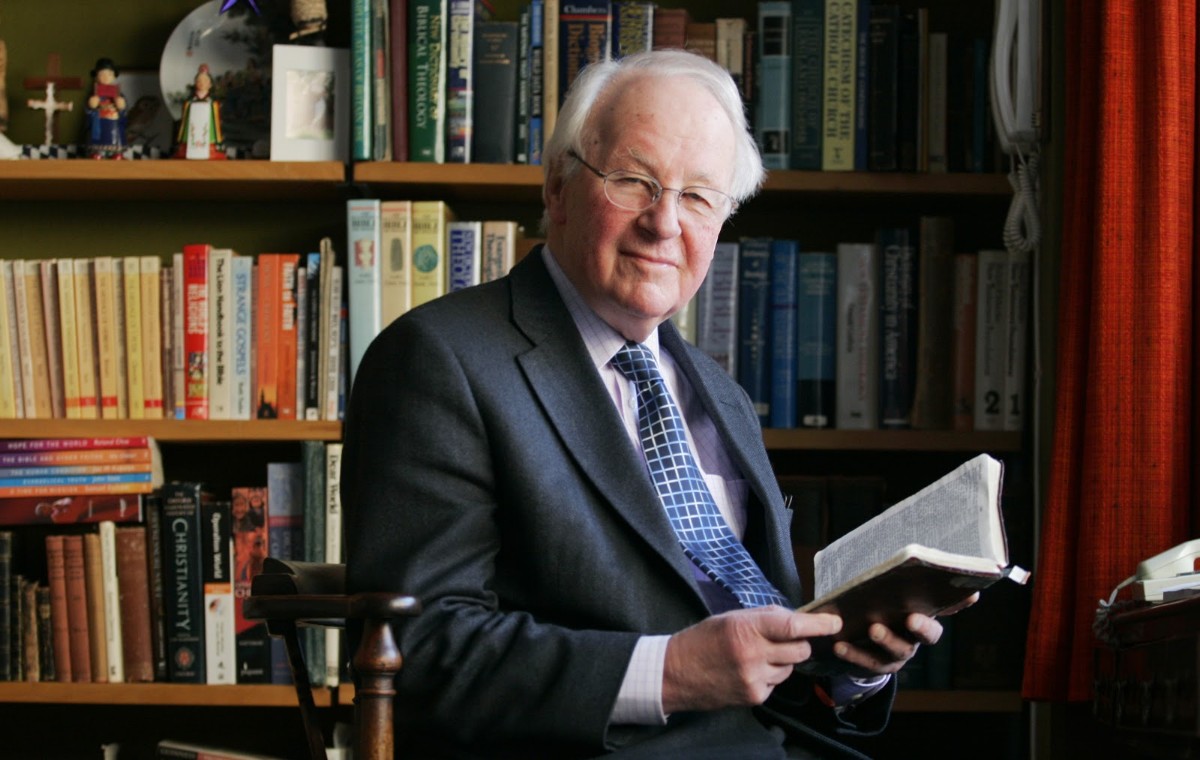- Ministério Jovens Bíblicos
- Missão/Mission
- Conheça o Nosso Tik Tok
- Defesa da Fé
- Interpretação e Validade Bíblica
- Artigos Teológicos
- Perguntas de Leitores
- A Arte de Pregar
- Debates Bíblicos e Filosóficos
- Devocionais
- Finanças
- Pentecostalismo
- Escola Dominical
- Direito e Religião
- Arminianismo
- Resenhas de Livros
- Liderança Cristã e de Jovens
- História da Igreja
- Oração e Evangelização
- Filosofia
- Ciência e Saúde
- Artigos Para Jovens
- Doutrina Cristã
- New Articles In English
- Como Lidar Com a Depressão? (E-book)
- Redes Sociais
- Contribua
- Área de Alunos
- Deixe Seu Recado
- Contatos
|
3 |







Who Was John Stott?

Have you ever heard of John Stott? He is on the list of the greatest evangelists of the 20th century. He was a great Anglican theologian and did an excellent job for God in the hearts of many people through his messages. He was British and, in 2005, was considered one of the 100 most influential people in the world. He was the author of more than 40 books.
Through his messages and teachings, he helped make the world a better place. Even though he was a sinner, like any of us, he allowed himself to be used by God. In 1974, he participated in the Lausanne Covenant in Switzerland. This covenant was a congress that brought together evangelicals from all over the world, where he defended the thesis of a comprehensive gospel that contemplated not only the spiritual sphere, but also the social sphere.
In 1983, he completed his doctorate in Theology. He was also a French scholar. He never married or had children by choice; he had the gift of celibacy (a gift that few people have). He died at the age of 90. His life and testimony remind us of the social aspect also described in the gospels, in the apostolic letters and in the so-called ''minor prophets''.
Christianity also has a social doctrine. Coupled with the preaching of salvation, we must bring the part of helping those most in need. There are two verses that are very important for us to understand what was proposed by John Stott:
Matthew 11:5: "The blind receive sight, the lame walk, those who have leprosy are cleansed, the deaf hear, the dead are raised, and the poor have the gospel preached to them"
Proverbs 14:31: "Whoever oppresses the poor insults his Maker, but whoever has compassion on the needy honors him"
Jesus emphasizes that the gospel was being preached to the poor because the Pharisees did not care about them (the poor). Jesus makes it clear that we must preach to the poor too. Proverbs 14:31 warns us that we must help those most in need. In other words, the two things go hand in hand.
May we become aware of a comprehensive gospel that contemplates the human being in his or her entirety. God wants to use you to help many people. This doctrine should not be confused with the so-called TMI (Integral Mission Theology) or Liberation Theology (the Catholic version of it). Both have political biases. Here we are dealing with the defense of social rights, the complete gospel, without political influence. Let us learn from John Stott.